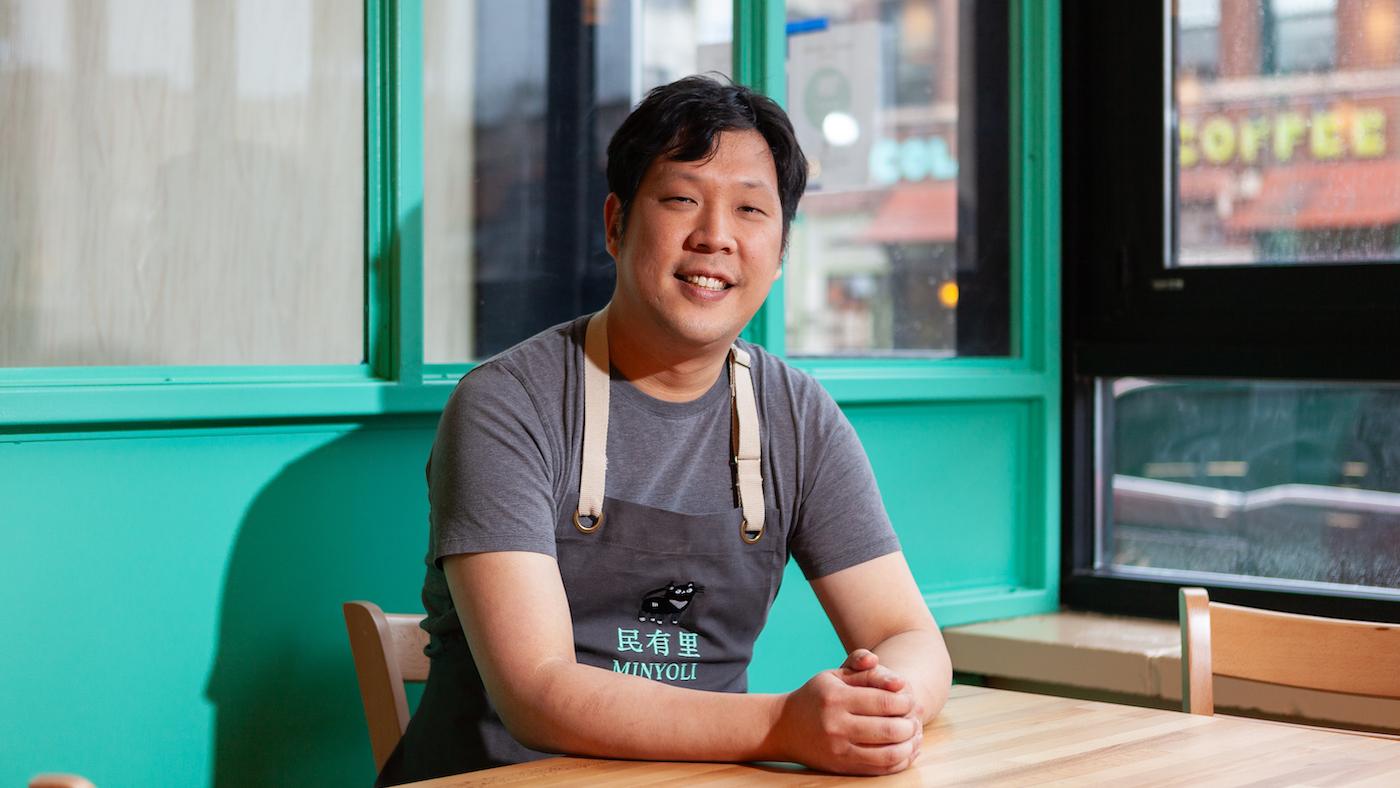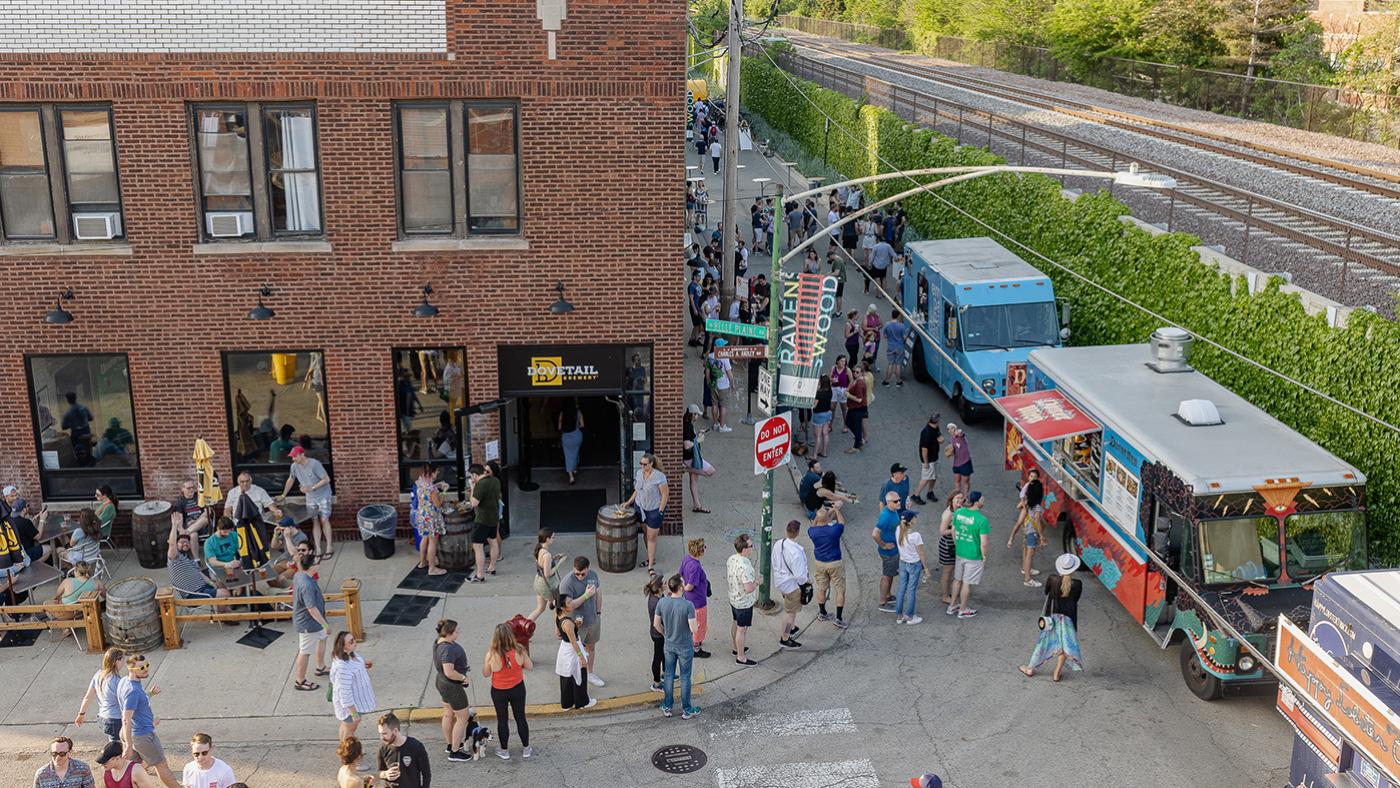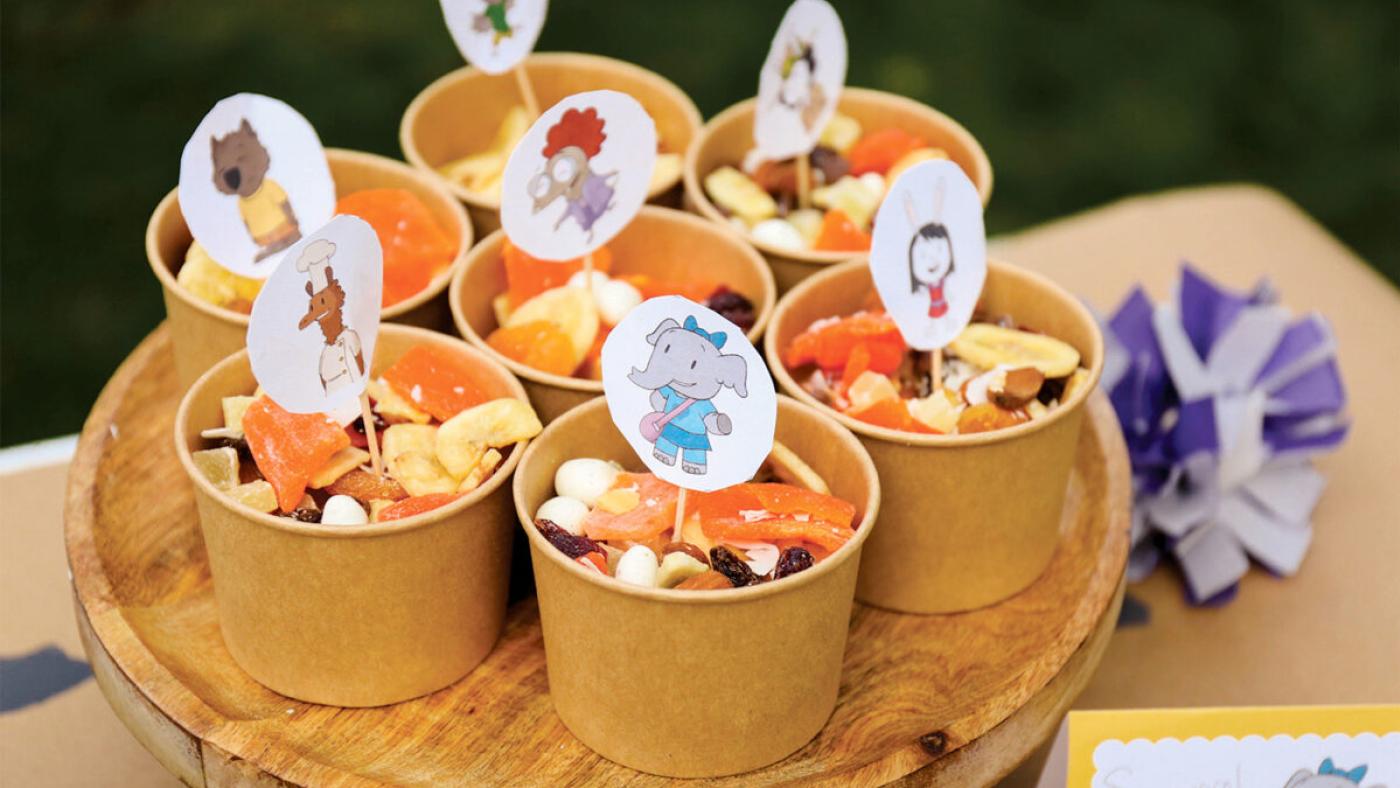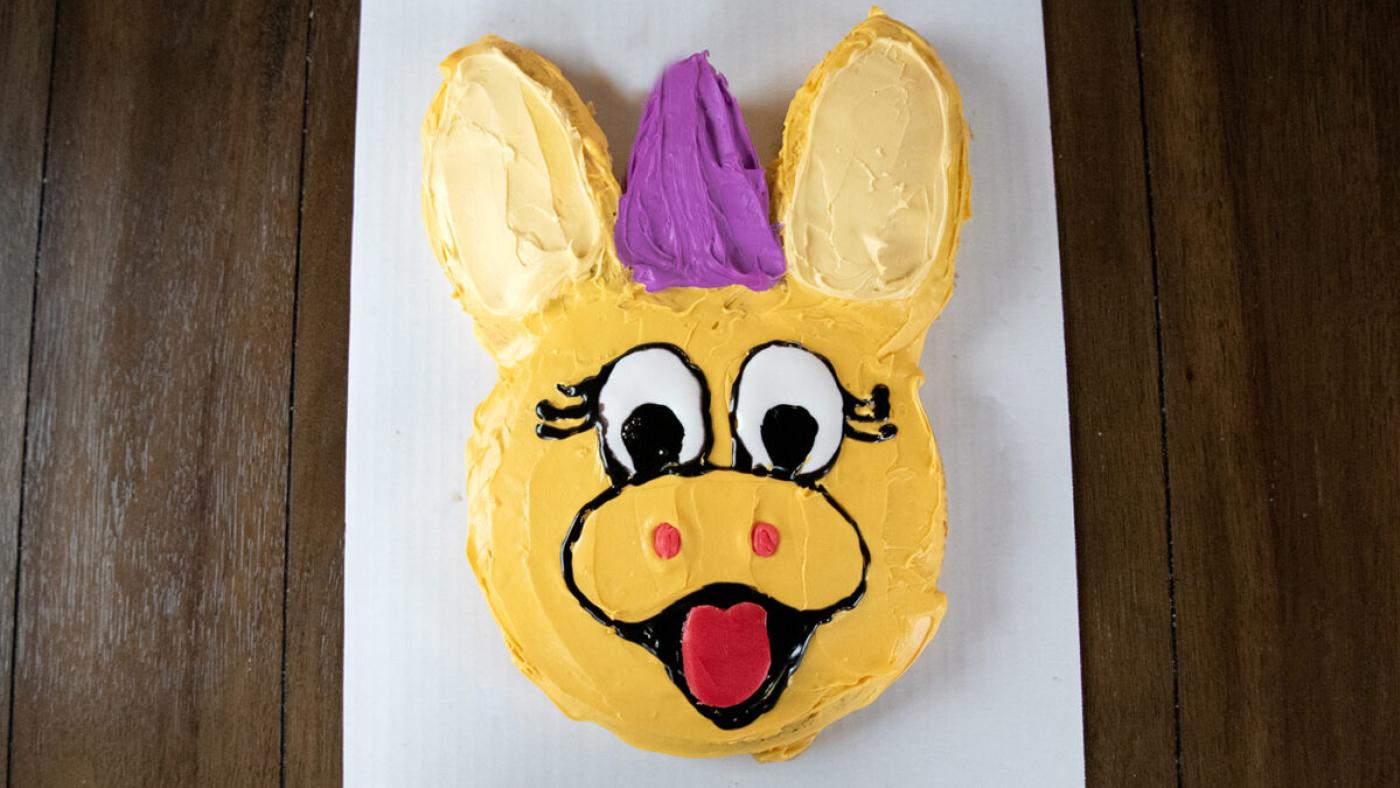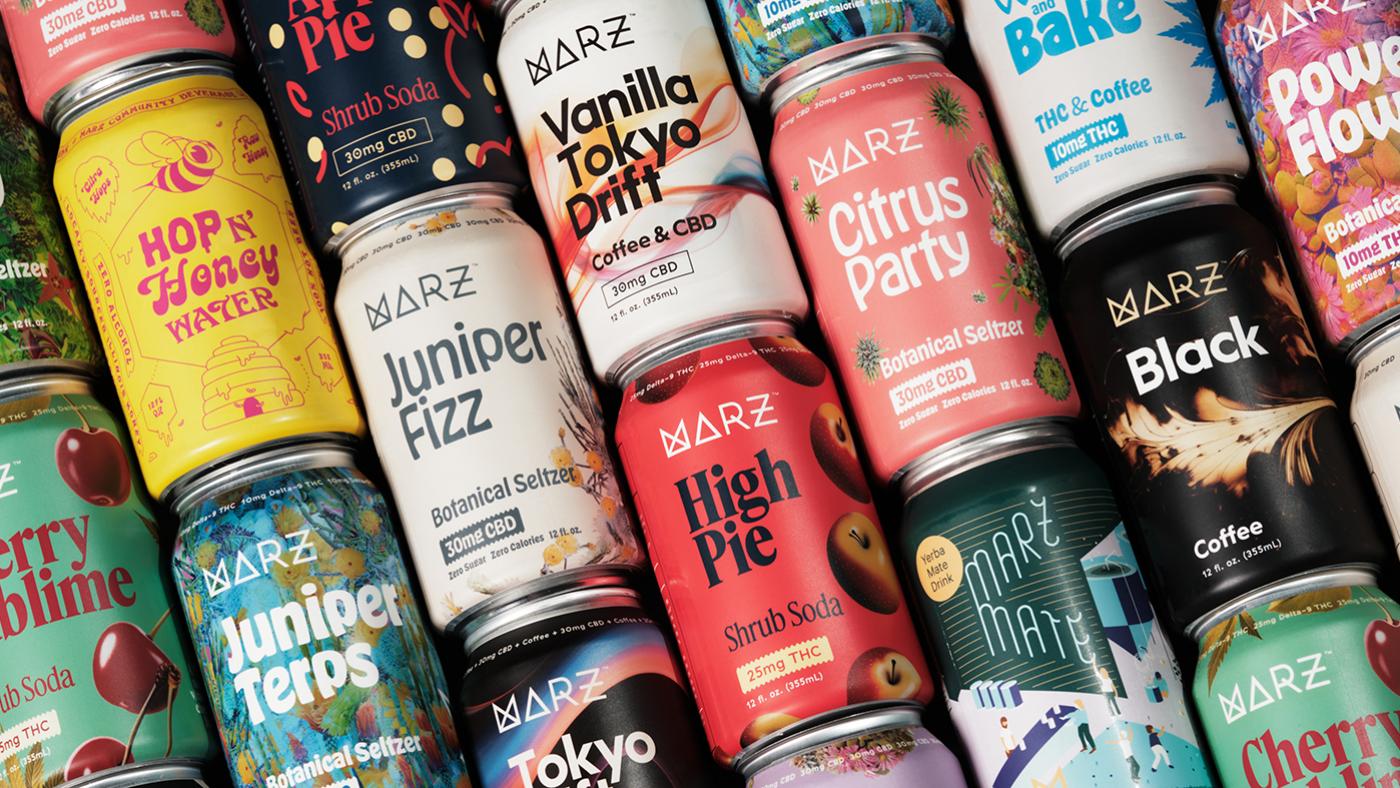How a Small Chicago Tofu Company Became the Supplier to Whole Foods, a Nestlé Brand, and Top Restaurants
Daniel Hautzinger
July 13, 2023
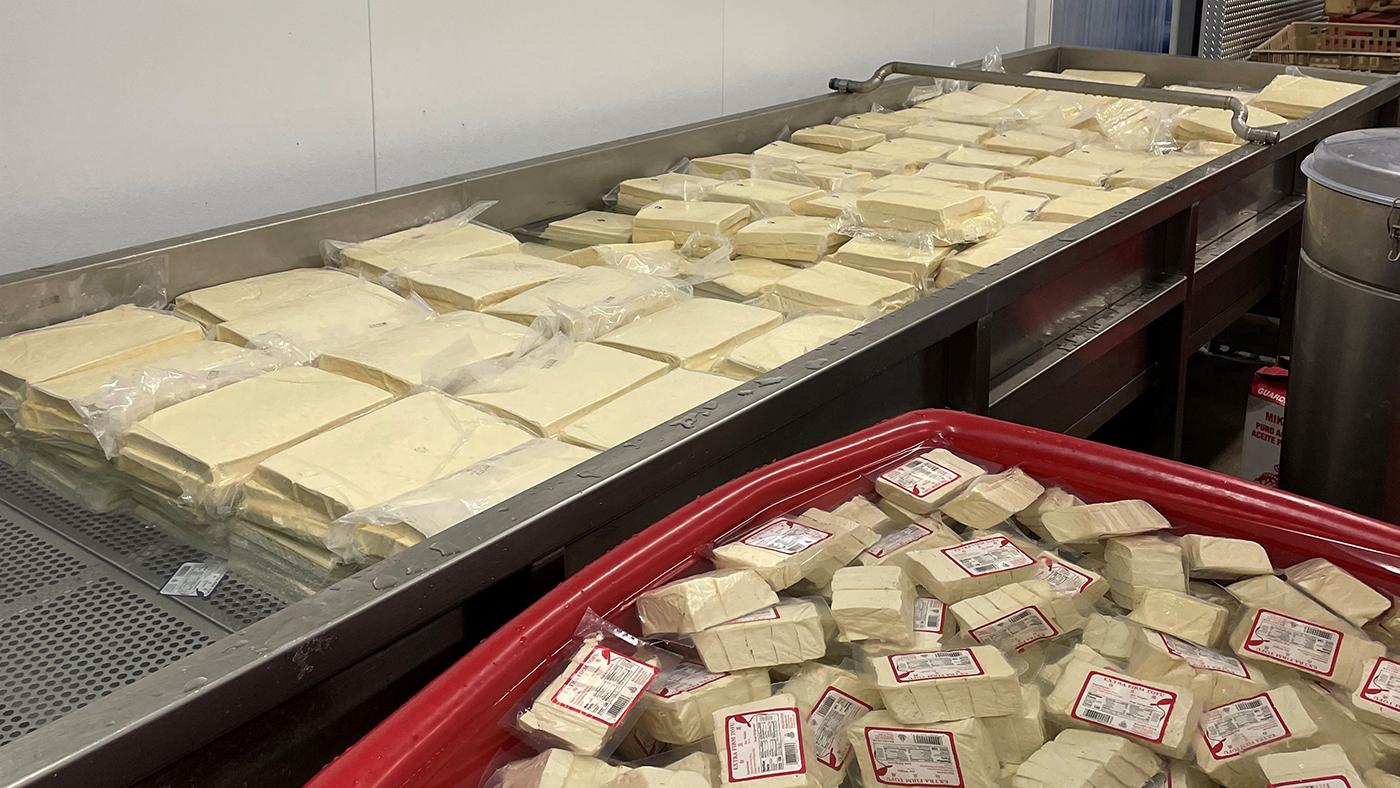
Get more recipes, food news, and stories by signing up for our Deep Dish newsletter.
In Wisconsin, the milk produced in “America’s Dairyland” famously becomes cheese. In Illinois, a small portion of one the most important crops is similarly treated with a curdling agent to transform a milky liquid into a firm, protein-packed block: tofu.
Soybeans may not be as romantically tied to Illinois as dairy is to Wisconsin, but Illinois is the United States’ top producer of soybeans, which are themselves the number two crop in the country after corn. Some of the 677.2 million bushels of soybeans grown in Illinois make their way to the 5400 block of North Broadway in Chicago’s Edgewater neighborhood, where they are soaked overnight, ground and boiled into soy milk, and then turned into a variety of tofu products by Phoenix Bean.
The company was founded in Chicago in the 1980s but has recently undergone the largest expansion in its four-decade existence. It has been growing since Jenny Yang took over in the mid-2000s, but in 2022 Yang moved much of its operations to a custom-built new factory, just storefronts away from the original location, that allows for around five times greater production capacity. They produce between three and eight thousand pounds of tofu a day.
Such expansion was necessary, since Phoenix Bean no longer sells to only local restaurants and devoted farmers market customers. While it has long been used by eateries from Chinese restaurants to trendy West Loop places to Eli’s Cheesecake, where its tofu is used to make vegan cheesecake, it is now also the tofu supplier for Nestlé’s line of plant-based frozen meals, Sweet Earth; Midwestern branches of the fast casual chain Sweetgreen; some of the meal kit company Factor_’s dishes; and the producer of the tofu dishes at buffets in Whole Foods stores across the Midwest. That’s in addition to sales of tofu products in Asian markets as well as grocery stores like Mariano’s and Whole Foods.
Phoenix Bean also supplies the bean sprouts sold at Midwestern Whole Foods. Mung beans are soaked and sprouted in a series of containers in a dark room at the back of the original tofu factory, which is also used to produce organic soy milk that is bottled and sold.
In the new, larger factory, soy milk is turned into tofu in a process similar to cheese-making. After beans are soaked, ground, heated, and strained, a curdling agent is introduced to solidify the soy milk that results. (“Tofu” comes from the Chinese “dofu,” which means “curdled bean.”) Most of this process takes place along one side of a long corridor lined with a drain in the middle for the frequent cleaning and rinsing of the glimmering machines. Workers wear rubber boots, hairnets, and gloves. The air inside the factory smells nutty, roasty, and sweet.
The tofu then moves to the other side of the corridor, where it is stacked in trays under large metal presses that squeeze out excess liquid. Later, the rectangular sheets of tofu go into a cooling water bath before being sliced for packaging.
WTTW Passport members can stream a 2018 episode of PBS’s tasteMAKERS on Phoenix Bean to see the tofu-making process at the old factory.
The finished tofu becomes a myriad of products. It is sold as is, in a variety of textures. It is deep fried and sold as puffs, or deep fried and frozen to be shipped further afield. It is baked or smoked with turmeric or Chinese five spice. The thin skin that forms on top of a sheet of tofu is dried and turned into the traditional food yuba; protein-packed noodles made from tofu are simply called tofu noodles. Yang is constantly experimenting with new concepts, from treating tofu like ham for sandwiches to smoking it into jerky.
At a building in between the two factories that was originally intended to be a cafe and store, (staffing proved difficult and plans fell through) cubes of tofu are stir-fried or added to various sauces to make several prepared dishes such as peanut salads or sweet and spicy tofu. Phoenix Bean has recently been selling a Stephanie Izard recipe for tofu with tahini sauce at farmers markets.
Many of the other recipes come from Yang herself or her mother. Yang was born in Taiwan, where her siblings still live. She first came to the U.S. for college, then returned to attend business school at Northwestern University after a sojourn back in Taiwan. She got a finance job with United Airlines, married a native of Andersonville, and started a family in the neighborhood.
She began buying tofu from Phoenix Bean, whose factory was nearby. When its owner decided he wanted to retire, due in part to the difficulties of the business, Yang asked him, “So where am I going to get the good tofu?” He replied, as she recalls, “‘You can do it.’ And I thought, ‘Why not? It’s two blocks away from my house.”
“Chinese people [want] three things [in] a job,” she jokes. “Good money, not too much work, close to home.”
The “not too much work” part didn’t work out too well. She dove into Phoenix Bean, arriving at 3:00 or 4:00 am to learn from the morning shift how to make tofu and then working on the business side later. Her hands ached from submersion in cold water, and she quickly hurt her back. But she learned from longtime employees like Jason Wang, who started as a driver and is now the general manager. “We have a really good team here,” she says.
She set the bar low at first: “Don’t lose the business.”
Yang ended up working so much that her son asked if she still lived at home. So she stepped back a bit and began hiring more people to help her. When Wang started in the 1980s, the company was seven or eight people; there are now forty employees, including many who are proud of the work like Yang and as eager to talk about the production process as they were to learn it. Yang’s knowledge and enthusiasm are infectious.
“It’s a lot of work,” she says. “However, I am passionate about it.” For instance, she flew to Japan to try specialty tofu there after reading an article about a temple where the monks make tofu using water that is “so pure…the tofu tastes so good.”
Yang now knows not just about making and marketing tofu at scale, but also about agriculture in Illinois. All Phoenix Bean’s soybeans come from the state, and she visits the four farms she sources from to observe their process and ensure she gets the product she wants: consistent and packed with protein. She also helps them, by sending fibrous scraps left over from the tofu-making process to them for use as compost or animal feed, thus forming a sustainable, low-waste cycle. “I learned from asking the farmers questions,” she says.
Now she’s enmeshed in the business enough to see opportunities even for Illinois’ farmers, to her great surprise. She has been suggesting that they grow mung beans, the vast majority of which come from China, because the Midwest’s climate is conducive. “Soybean is not originally from here either,” she says. But “there is no land that’s [as] rich [in China], like in Illinois or Iowa,” in Yang’s estimation. “The soil is not as good.” A farmer who grew mung beans in Illinois could “make a killing,” she believes.
It’s not likely that Illinois will become “America’s Mung Bean Land,” but perhaps some farmers might carve out a niche, just as Yang has with her small empire of tofu on a little stretch of Broadway on Chicago’s North Side.

